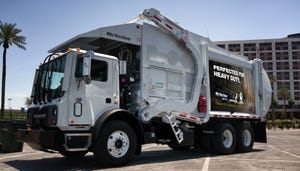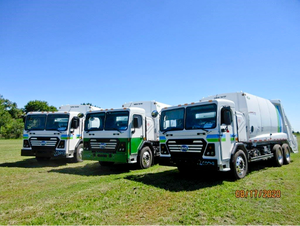What A Stranger Can Tell You About Your Operations
November 1, 1996
Bill Knapp
All of us like to think we know our operation inside out. We moved up in the organization, or in one similar to the one we manage.
We even probably held most of the positions we now supervise. Our employees can't pull anything on us, because we've "been there." Or can they?
If I were to come to your community and drive the streets for a week, I may see something peculiar that is unbeknownst to you. If I interviewed some of your customers, would they tell me a story about your operation different from what you think they would? If I - a stranger - sat at the lunch counter with some of your employees, would I hear "war stories" that are unfamiliar to your ears?
Chances are, I would discover things about your operation that you don't know about and that even might be in direct contrast to your perception. I'm not referring to unique happenings, but rather basic actions that change what is fundamental to the operation.
Some of this information may be substantially different from that which appears on reports and documents prepared by your staff. In this scenario, the employees are not saboteurs; they are merely telling you what you demand they tell you in order to keep their jobs.
As we rise higher in the organization, or take over a new operation, it is all too easy to become enmeshed in our new duties that we forget what it was like before our promotions. We develop a sort of myth about what was, and what is.
We forget what it was like, trying to supervise collectors over a too large an area, while working within a framework of rules seemingly designed to circumvent our efforts.
We forget the impossible pressures to perform equipment repairs, maintenance and inspections with a skeletal staff. We become too busy to micro-manage every aspect of the operation (nor should we try). But yet we make expensive, and potentially career-ending, plans based on what we believe is happening. How can we ascertain that complaints for help and service aren't being silenced because they have gone unheeded for too long?
We can audit our operation through the eyes of an outsider: Contacting national associations or private consultants to survey your operation objectively can be an eye-opening and money-saving investment that allows planning based on reality rather than myth.
You May Also Like


